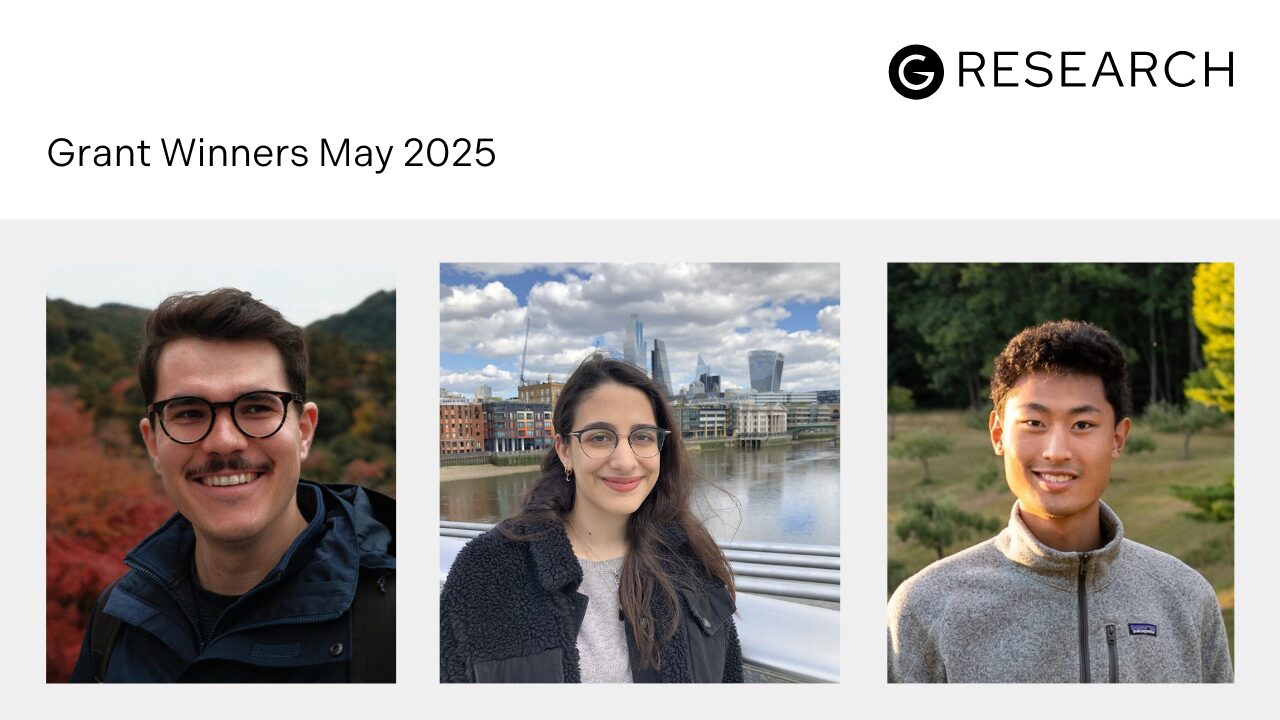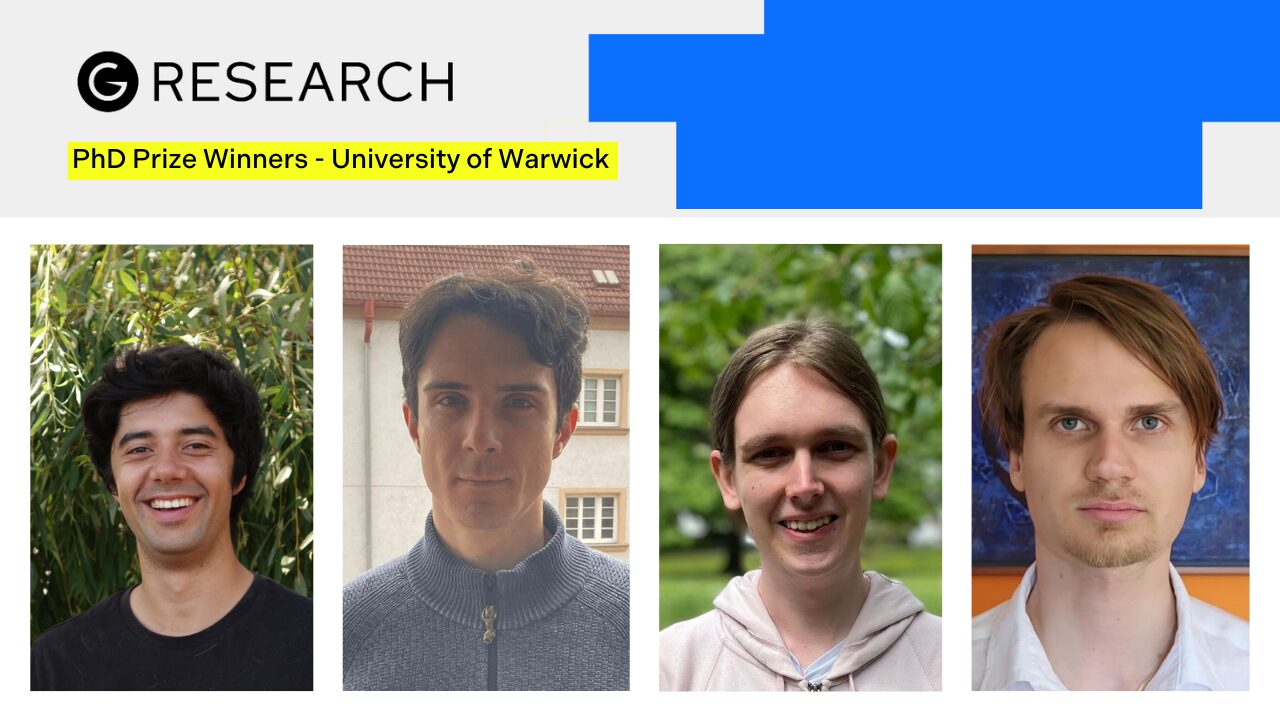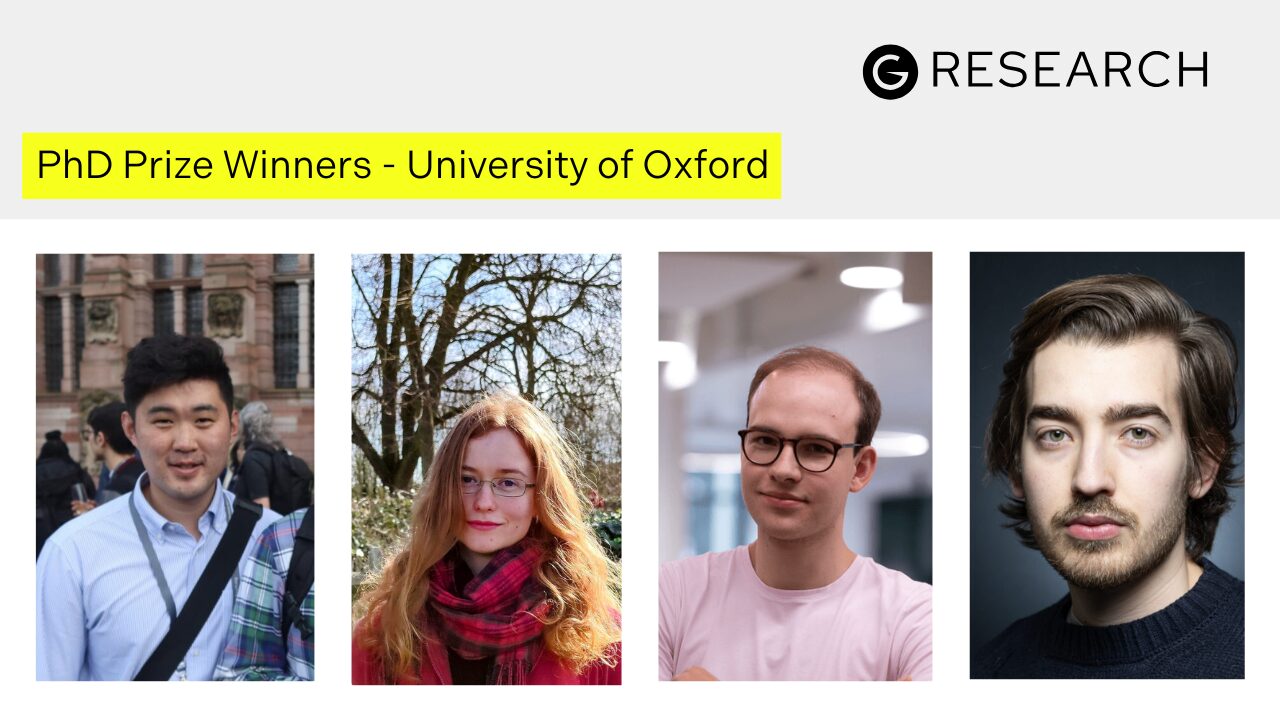Each month, we provide up to £2,000 in grant money to early career researchers in quantitative disciplines.
Our aim is to support and assist PhD students and postdocs conducting research, particularly with costs that may be difficult to get funding for elsewhere, for example, travel for those who are caring for children, or expenses for volunteer work related to research.
Learn more about our grant programme terms and conditions.
Read on to hear from our latest winners, their research and how our grants will aid their work.
October grant winners
Anja Petrovic (University of Oxford)
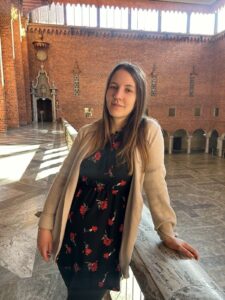
“I am a Master’s student at the University of Oxford with broad research interests, but I am particularly drawn to exploring AI for medicine.
“G-Research’s grant will enable me to attend NeurIPS and present a project done as part of my summer internship at UCL. This work focuses on Pluralistic Alignment in large language models, aiming to align their responses with the diverse perspectives and backgrounds of users, enhancing inclusivity and fairness in AI interactions.”
Paulius Sasnauskas (Max Planck Institute for Software Systems (MPI-SWS))

“I am a research intern at MPI-SWS, studying the robustness of in-context reinforcement learning agents. I am broadly interested in how we can utilize reinforcement learning algorithms from a practical standpoint.
“The grant will enable me to attend NeurIPS 2024 (Vancouver, Canada). As I am currently looking for a PhD position, this opportunity will provide a platform for connecting with PhD students and supervisors from research groups I am insterested in, along with learning and interacting with like-minded researchers, and I am grateful for this support.”
Nicola Muca Cirone (Imperial College London)
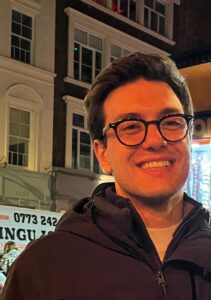
“My research focuses on State Space Models and the scaling limits of Neural Networks. G-Research’s grant will support me in presenting my latest work, “Theoretical Foundations of Deep Selective State Space Models,” at NeurIPS 2024 in Vancouver.”
Luca Viano (École Polytechnique Fédérale de Lausanne (EPFL))
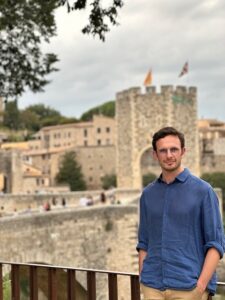
“I am an ELLIS PhD Fellow supervised by Volkan Cevher and Gergely Neu. My research interest lies at the intersection of game theory, reinforcement learning and imitation learning.
“The G Research award allowed me to attend the European Workshop in reinforcement Learning in Toulouse, France, where I presented my latest result in imitation learning.”
Nicola Branchini (University of Edinburgh)

“My research focuses on advancing (adaptive) importance sampling (IS) methods, which generalise the method of Monte Carlo (MC) integration. They turn the MC integration problem into one of optimisation on the space of probability densities. Though somewhat currently less trendy in Bayesian ML and statistics, IS insights have been proven essential for developing variational methods and Monte Carlo techniques for the estimation of marginal likelihoods and posterior predictives.”
“I have developed IS methods for heavy-tailed distributions and those with intractable normalising constants. Recently, I began work on IS diagnostics for posterior predictive estimation in Bayesian inference.
“The G-Research grant will generously support my participation at NeurIPS in Vancouver, specifically for presenting at the Bayesian decision-making workshop.”
Tavis Shore (University of Surrey)

“My research focuses on developing machine learning techniques for autonomous vehicle localisation in GPS-denied environments, such as regions under conflict and urban canyons.
“G-Research’s grant will assist the presentation of my latest work, SpaGBOL – utilising graph networks and GNNs for city-scale localisation at the prestigious IEEE/CVF Winter Conference on Applications of Computer Vision (WACV).”
Congratulations to all of our grant winners.

